The University of Virginia (UVA) has announced new rules surrounding “outside groups” using its Charlottesville campus, stemming from the white nationalist rally held last years that had passersby witnessing National Guard tanks roaming the streets after dozens were injured, one citizen and two State Trooper pilots losing their lives, and an aftermath of anxiety blanketing the Central Virginia town. The policy, which went into effect last Friday, requires groups and individuals unaffiliated with the school to make reservation at least one week in advance for “expressive activities” on the grounds of UVA. Furthermore, alumni students also fall under the categorization of unaffiliated parties.
UVA administrators have also limited groups for gathering for more than two hours on campus to nine designated areas and have barred individuals and groups from the campus who are carrying weapons, blocking traffic, and impeding university operations.
According to a report from The Hill, UVA President Teresa Sullivan said, “The University of Virginia is committed to the Constitutional principle of free speech and to the safety and security of every member of this community.”
“The university has issued a revised policy regarding the time, place, and manner of expressive activity by unaffiliated persons meeting outdoors. The policy requires unaffiliated persons to make reservations to engage in expressive activity in certain designated locations, on certain days and during certain hours, on outdoor university property,” she said.
This ban is considered “short-term,” as many say it was enacted under “emergency conditions” following further disturbances at the UVA campus revolving around the rally’s organizer Jason Kessler who was banned in April after allegations that he had threatened students. Due to this nature, while unsettling, the ban is defensible in the short-term. Though, for more than just a temporary ban, it cannot.
A public university has a moral duty to serve the public, not just its tuition-paying students and tenured professors, but the taxpayers who support it. While everyone might not have the luxury to attend UVA, it does, in fact, belong to everyone.
Although public funds supply an decreasing amount of UVA’s revenue, that does not diminish the public responsibility the school has, from the president to the cleaning staff, as Virginia’s flagship public university.
A temporary ban does not constitute a pattern, but it might serve as a warning.
One of the driving concepts of the university campus is academic freedom, the right to inquire broadly and boldly, to question, and to promote an environment where wrong answers, seemingly absurd ideas, and unconventional thoughts are not just permitted but even encouraged.
In Sweezy v. New Hampshire (1957), Chief Justice Earl Warren, in ringing endorsement of academic freedom. “The essentiality of freedom in the community of American universities is almost self-evident…Scholarship cannot flourish in an atmosphere of suspicion and distrust. Teachers and students must always remain free to inquire, to study and to evaluate, to gain new maturity and understanding, otherwise our civilization will stagnate and die.”
That decision was the basis upon which freedom of expression on school campuses is founded.
The U.S. District Court for the Eastern District of Michigan recognized in Doe v. University of Michigan (1989) that the principles of free speech, “acquire a special significance in the university setting, where the free and unfettered interplay of competing views is essential to the institution’s educational mission.”
Following racial unrest spurred on by postings across campus, resulting in restriction on speech coming from the university’s administration, the court did not suggest that racial harmony was not a valid goal of the university. However, the First Amendment leaves no room for suppression of speech to achieve that goal, even if salacious.
The court did affirm that the university, a public university, has a right to regulate speech as to, “time, place, and manner,” just as UVA has claimed they are doing currently. Though, the fundamental infirmity of a policy against speech lies in the outright prohibition, not regulation of speech.
Overly broad policies inhibiting speech cause adjudication based on unconstitutionally vague premises. An unconstitutionally vague premise with a particular set of rules or guidelines occurs when, as the court stated, “men of common intelligence must necessarily guess at its meaning.” Therefore, when distinguishing between protected and unprotected activities, if such an action becomes difficult, even impossible, it is considered vague, thus unconstitutional.
When it comes to UVA, it can be surmised that they are worrisome regarding speech when it materially and substantially interferes with the operation of the institution.
In the Doe case, the court admitted that it failed to take into account the “growing movement…to legislate against racist hate speech.” They insisted that “traditional neutral laws” have done little to combat the oppression of speech of “outsiders.”
Consensus is drawn further when offensive speech borders on “fighting words” such a the ones that arose in Gooding v. Wilson (1972). “There, in the course of his arrest, a man said to the police, “White son of a bitch, I’ll kill you…You son of a bitch I’ll choke you to death.”
While the Supreme Court found that the Georgia statute prohibiting the use of, “opprobrious words or abusive language, tending to cause a breach of the peace,” violated the First Amendment as applied to the states by the Fourteenth Amendment, Chief Justice Burger dissented. He argued that the statute was narrowly tailored and did not suppress or deter “important protected speech.”
Nevertheless, proponents of legislation against racist speech insist that the movement applies only to a narrow area of expression. Considering this type of speech is detrimental on many levels, they argue that its suppression need not pose a threat to the positive existing freedoms protected under the First Amendment. Some claim a new class of unprotected speech must be categorized that falls under the line of “fighting words,” not suppressing speech, but preserving a potential victim.
The ACLU and attorney Mari Matsuda argue that, “racist speech is best treated as a sui generis category, presenting an idea so historically untenable, so dangerous, and so tied to perpetuation
of violence and degradation of the very classes of human beings who are least equipped to respond that it is properly treated as outside the realm of protected discourse.”
Speech that is intended to lead to racial violence, any violence nonetheless, can constitute as fighting words and deserves punishment under the law. Furthermore, there are certain types of speech that remain unprotected under the First Amendment: obscenity, defamation (including libel and slander), child pornography, perjury, blackmail, incitement to imminent lawless action, true threats, and solicitations to commit crimes.
There is compelling jurisprudence for the notion that a university should be a place where freedom of speech is commensurate to the standard observed outside of academia. Even if one accepts that the Supreme Court’s attitude toward free speech at universities is inadequate, it is unclear that UVA can go forth with a permanent ban on activities wherein potential expressive activities are carried out. The problem of vagueness arises, causing great harm to the values of freedom of expression.
UVA administrators have not provided a new judicial standard that adequately supersedes the Supreme Court’s refusal to allow suppression of speech. Just because speech is offensive, they have only based their conclusion on the harm done by such speech and not shown how it fits into an unprotected category of speech.
While presence of racist speech at UVA following a potential gathering is unquestionably deplorable, it cannot and should not be stopped through prohibiting rules and guidelines. UVA administrators, which will undoubtedly be the adjudicators of these so-called “reservations,” must foster the exchange of ideas, even evidently offensive ones.
Considering UVA and all public universities and institutions of higher education represent a unique forum by which these ideas can be expressed, they must protect it. To sanitize the atmosphere of the university in order to protect the sensibilities of the traditional victims of oppression would ultimately do little to eradicate the scourge of racism in the U.S., but would greatly inhibit the discourse around which university learning revolves.
In the end, while UVA can regulate expressive activities on its campus in a time, place, and manner, its regulations cannot supersede Supreme Court jurisprudence insofar as freedom of expression is concerned. While it has a vested interest in the security of its students, it must, at all costs, allow the expression that has fostered reconciliation between citizens.
“Ideas are dangerous, but the man to whom they are most dangerous is the man of no ideas.” – G.K. Chesterton

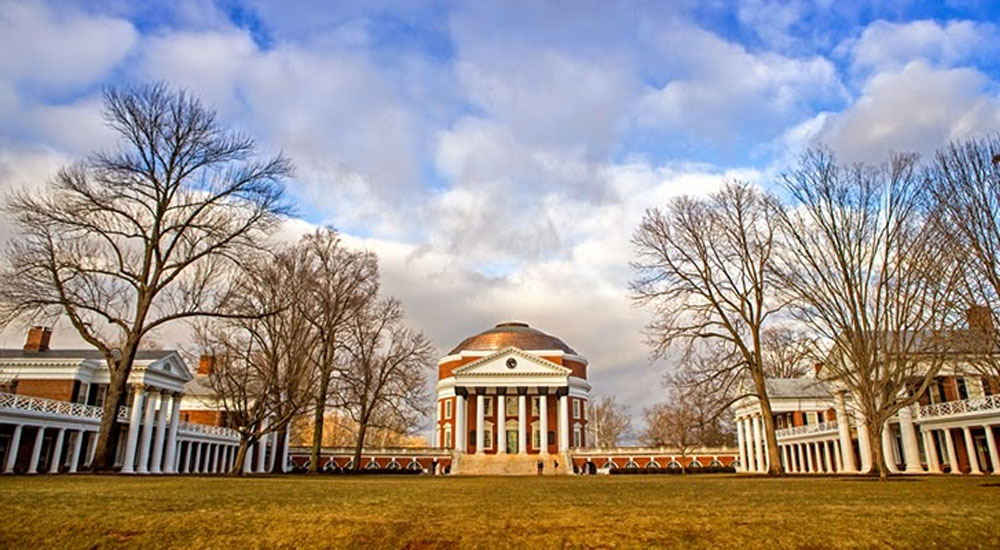


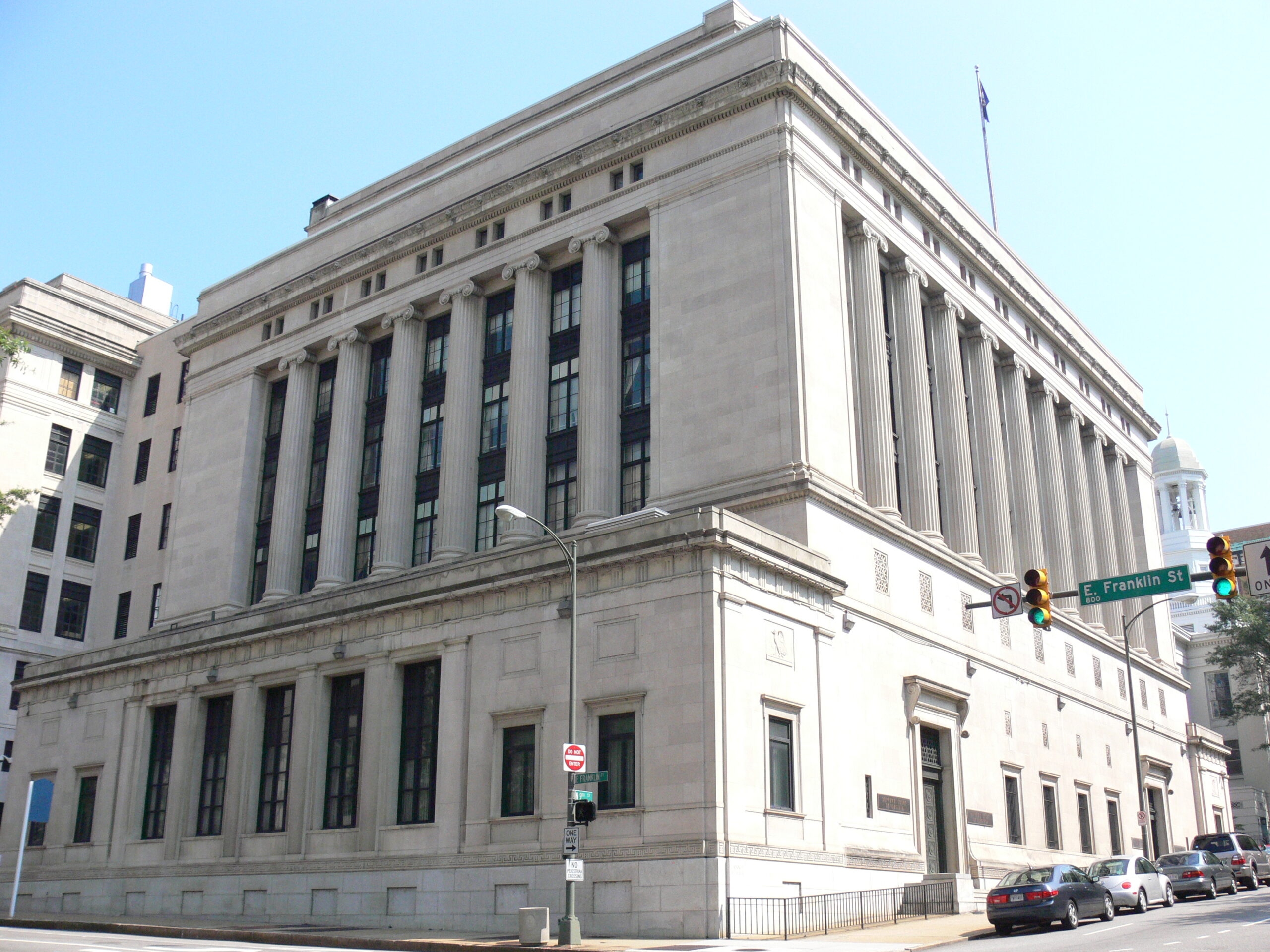
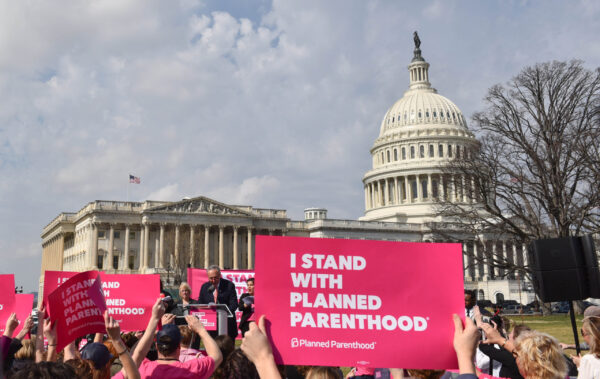
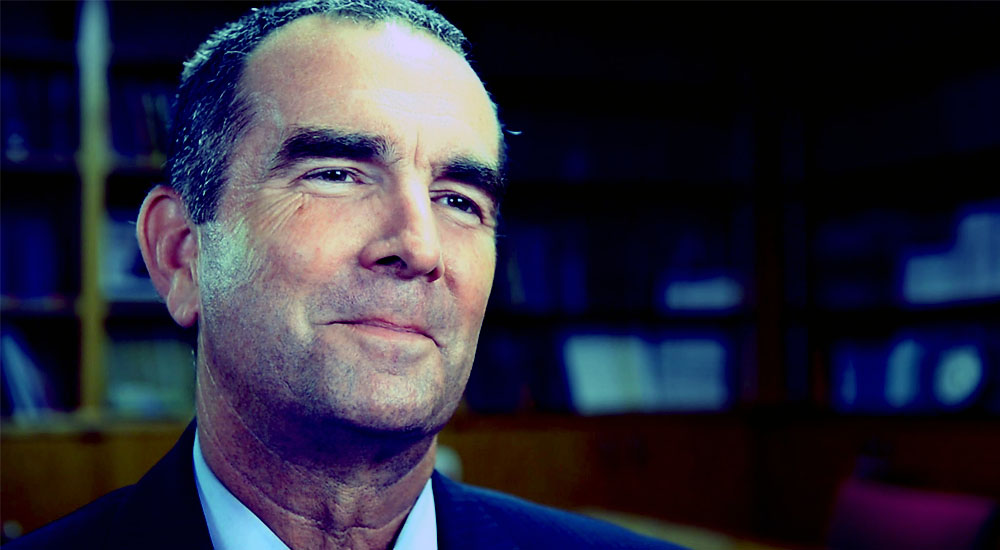
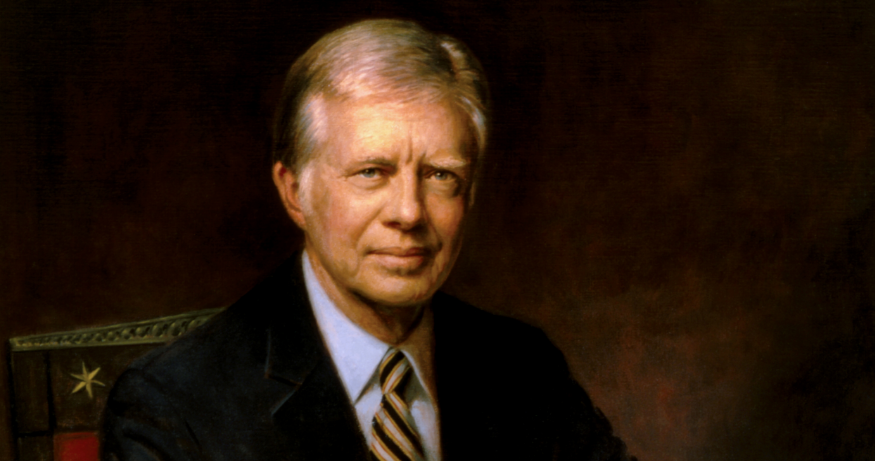
1 Comment
[…] argue that the there is a supposed “hate speech” exception to the First Amendment. Some say, “This isn’t free speech, it’s hate speech.” Some question, “When […]
Comments are closed.